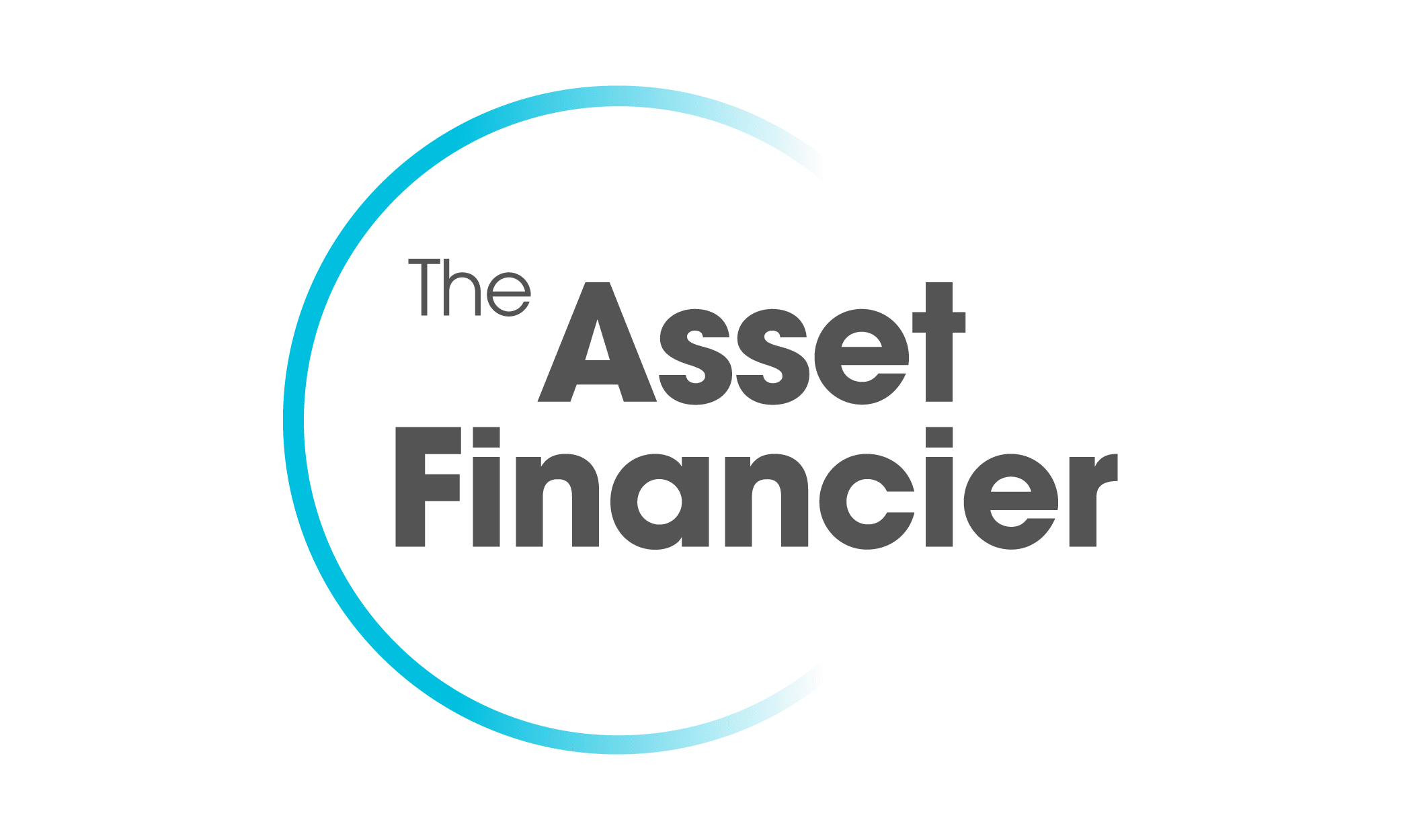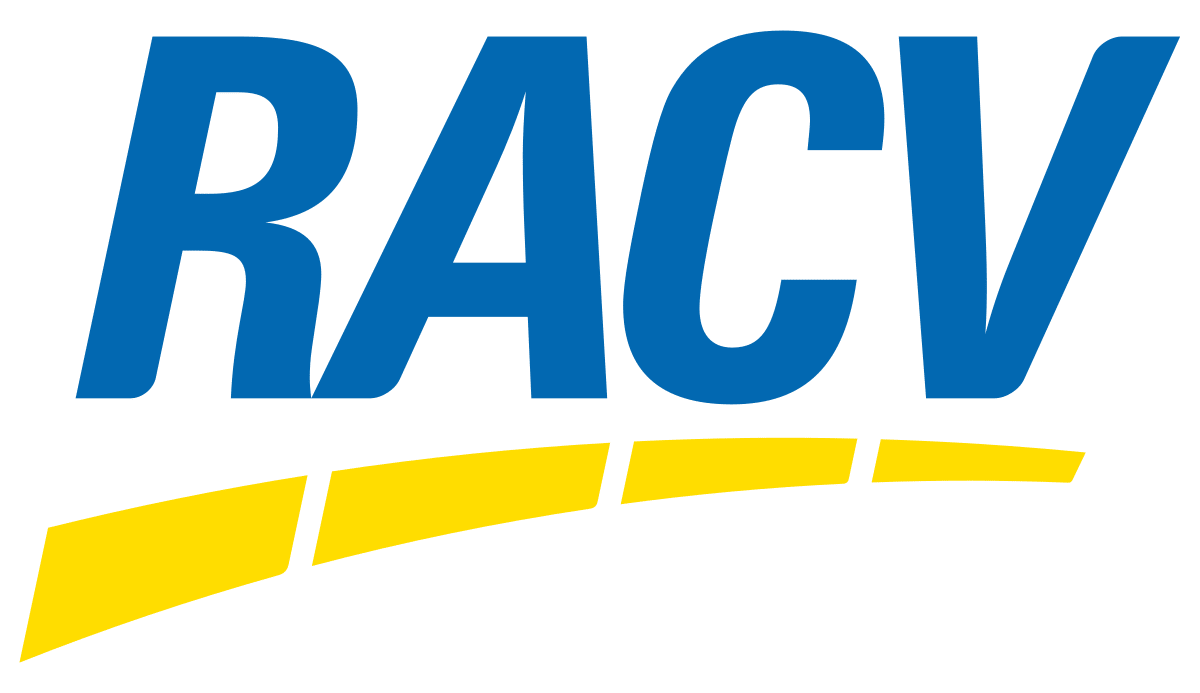Car allowances are a perk that can give you a helping hand with your expenses when using your car for work – but there’s not just one way to use them. Whether you’re keeping your current vehicle or thinking about something new, a car allowance helps cover costs and makes running a vehicle for work more affordable.
What is a car allowance in Australia?
A car allowance is an extra payment some Australian employers provide to help cover the costs of using your vehicle for work. It can be used for running expenses like fuel, maintenance and insurance, or put towards purchasing or leasing a new car.
This allowance is an alternative to a company car, giving employees more flexibility and control over their vehicle choice. The amount and terms vary between employers and are usually negotiated as part of your employment contract or agreement.
Once agreed upon, your car allowance is paid alongside your regular salary and you can spend it as you choose.
How can I use my car allowance?
You can usually use your car allowance for a range of vehicle-related costs, depending on your agreement with your employer. Here’s what you can typically put it towards:
- Cover running costs on your existing car: if you’re using your personal vehicle for business purposes, your allowance can help cover its running costs. This can include things like petrol, car insurance, servicing and car loan repayments.
- Buy a new commercial-use car: if you need a new vehicle that’ll be used for business purposes at least 51% of the time, you can qualify for a chattel mortgage. This loan product offers tax benefits like claimable interest, depreciation and GST on the purchase (up to the percentage of business usage).
- Buy a new private-use car: even if you don’t qualify for a chattel mortgage, standard car loans are still an option. This won’t offer any tax incentives, but having your car allowance help with repayments can be a significant boost.
How much can I receive as a car allowance in 2025?
There’s no set amount for car allowances, as it largely depends on what you negotiate with your employer. However, annual allowances generally range from $10,000 to $20,000.
For context, the Australian Automobile Association’s Transport Affordability Index for Q3 2025 reports that the average annual transport cost for a two-car household in Australia is $24,848 for those in capital cities and $22,013 in regional centres.
While this isn’t a direct guide to what your employer will pay, it does highlight the general cost of running a vehicle – and why some employers offer higher allowances for roles involving frequent travel.
Allowances also vary depending on their purpose. If an employer intends to help fund a new car or cover most driving expenses, the allowance may be higher than one aimed only at offsetting fuel and on-road costs. Employers may also bump up allowances to attract new staff or retain existing employees.
Using your allowance to run your car
Chloe works at a consultancy firm in Queensland and is on the road most days to meet clients around the state. To compensate her for this, her employer offers to pay $200 per week on top of her salary to go towards on-road costs. This amounts to an extra $10,400 per year.
With this allowance, Chloe is able to cover her monthly car loan repayments of $580 (amounting to $6,960 for the year) and annual car insurance premium of $2,100, with the remaining $1,340 put towards her car’s petrol and maintenance costs.
This arrangement keeps Chloe’s personal expenses in check, which makes a real difference given the high fuel and maintenance costs she’d otherwise pay out of pocket.
Is a car allowance taxable in Australia?
Yes, car allowances are part of your taxable income in Australia and taxed at regular rates by the Australian Taxation Office (ATO). However, you may be able to offset this tax liability by claiming a deduction for the business-related portion of your motor vehicle expenses.
Motor vehicle tax deductions cover expenses linked to owning and using a car for work purposes. As mentioned, you can claim car-related costs like fuel, repairs, registration, insurance, car loan interest, lease payments and depreciation. However, if you use your car for business purposes 65% of the time, you can only claim up to 65% of each of these costs.
The ATO provides two main methods for calculating these deductions: the cents per kilometre method and the logbook method.
Car allowance vs novated lease
While a car allowance is a straightforward cash payment from your employer to help cover your vehicle expenses, a novated lease is a different way to finance a car through your workplace, involving a three-way agreement between you, your employer and a lease provider.
Under a novated lease, the lease provider supplies the car, and your employer deducts the lease payments directly from your pre-tax salary over a fixed term. At the end of the lease, you can choose to pay the residual amount and buy the car, sell the car or refinance the residual and continue leasing.
Key advantages of this arrangement include:
- Potential tax savings since payments are made from your pre-tax salary.
- Running costs can sometimes be included, offering further savings.
- The car can be used entirely for personal use and there is no requirement to use the car for business purposes.
However, novated leases come with some drawbacks:
- Less flexibility as you’re locked into the lease terms and possibly limited to certain providers.
- Lease payments continue regardless of how much you use the car.
- Tied to your employment – your employer will need to agree to the arrangement and if you change jobs, you may need to refinance or transfer the lease.
In contrast, a car allowance offers more flexibility since it’s an additional taxable cash payment you can spend as you like on any vehicle-related costs. However, it doesn’t offer the tax benefits of a novated lease and might require you to manage all expenses separately.
Can I use my car allowance to pay for my novated lease?
Yes, after you’ve been paid a car allowance you can use that income to finance a car through a novated lease arrangement, as long as your employer offers such a scheme. Because a novated lease allows some or all or your car costs to be paid using your pre-tax salary, this can reduce your taxable income and lower your overall costs.
Keep in mind that these are two separate arrangements and will show up that way on your payslip. Your car allowance is simply extra taxable income your employer pays you, while novated lease payments are deducted separately through salary packaging. In practice, this means the allowance won’t directly reduce your lease deductions – it’s just additional money you can choose to put towards them. Anything left over can still go towards your other car running costs.
Car allowance vs company car
While a car allowance is a financial benefit offered to you to help cover the cost of running your own car, a company car is one provided by your employer. This means you don’t own the car and won’t have full control of how it can be used.
The main benefit is that you won’t have to worry too much about the admin or maintenance with a company car, as your work’s finance department will take care of this. You may also be able to reduce the amount of tax you pay if you receive the car through a salary sacrifice arrangement, as this can reduce your taxable income and potentially push you into a lower tax bracket.
However, there may be restrictions on your choice of car, as well as how you’re allowed to use the car; for example, you may not be permitted to drive it for non-business reasons. On top of this, your salary might be impacted by including a company car, leaving you with less cash in pocket.
A car allowance, on the other hand, gives you the freedom to choose your vehicle and use it as you wish. But you’ll be responsible for all the running costs, and the allowance is paid as taxable income.
If you have both options, it’s worth weighing the flexibility of a car allowance against the convenience and potential tax benefits of a company car to decide what suits you best.
- Transport costs rise in Q3 2025 - Australian Automobile Association
- Employment allowances - Australian Taxation Office
- Deductions for motor vehicle expenses - Australian Taxation Office




























